Author: luke2005@gmail.com
-
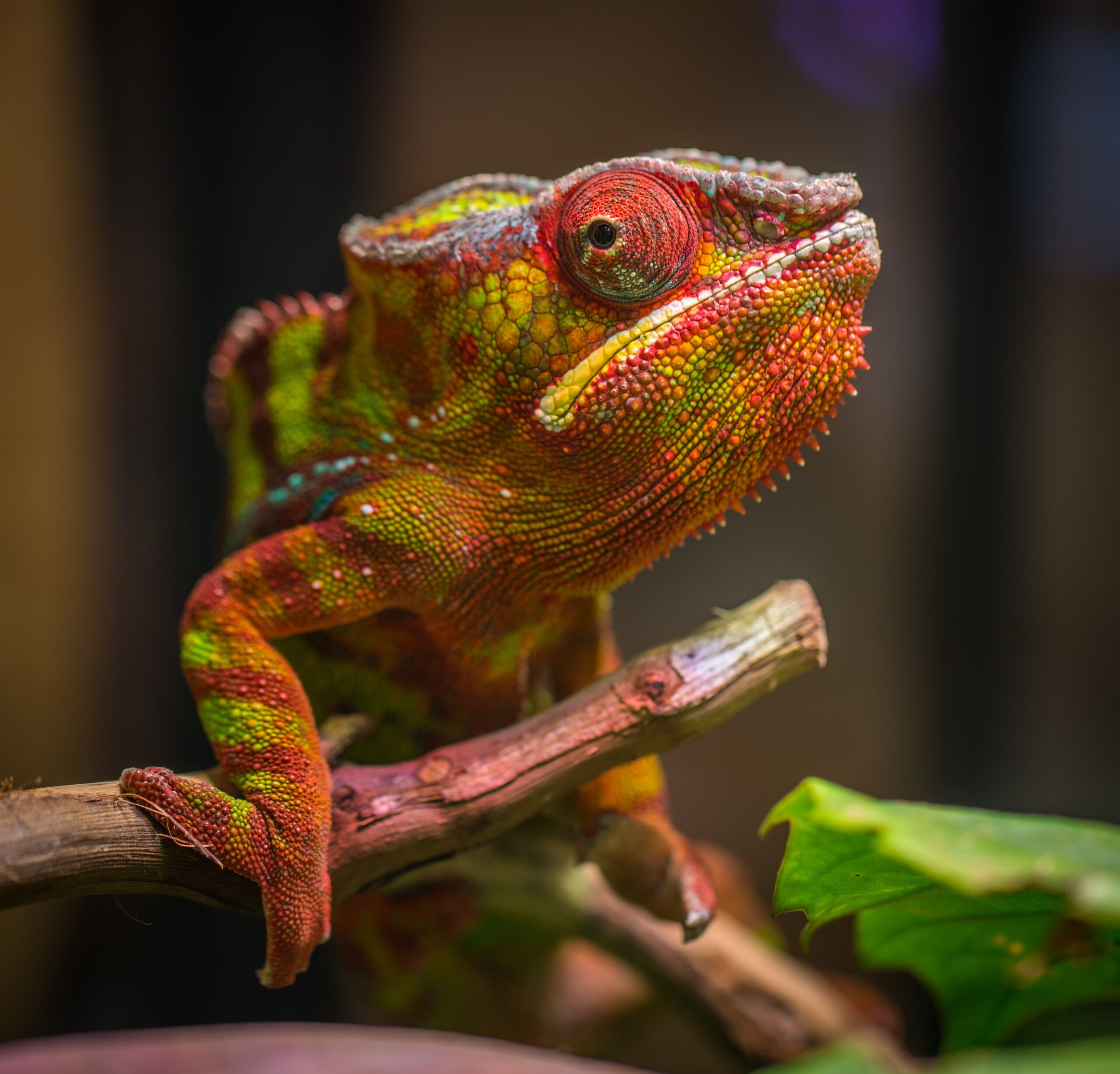
Putting Your Pond To Bed
To successfully overwinter your plants and fish your pond should be cleaned in the fall and kept debris-free all winter long. After the first frost (usually in mid October) remove all containers and pond pumps from the water garden. Thoroughly clean all filter media and pumps. Store pumps in a bucket of water for the…
-
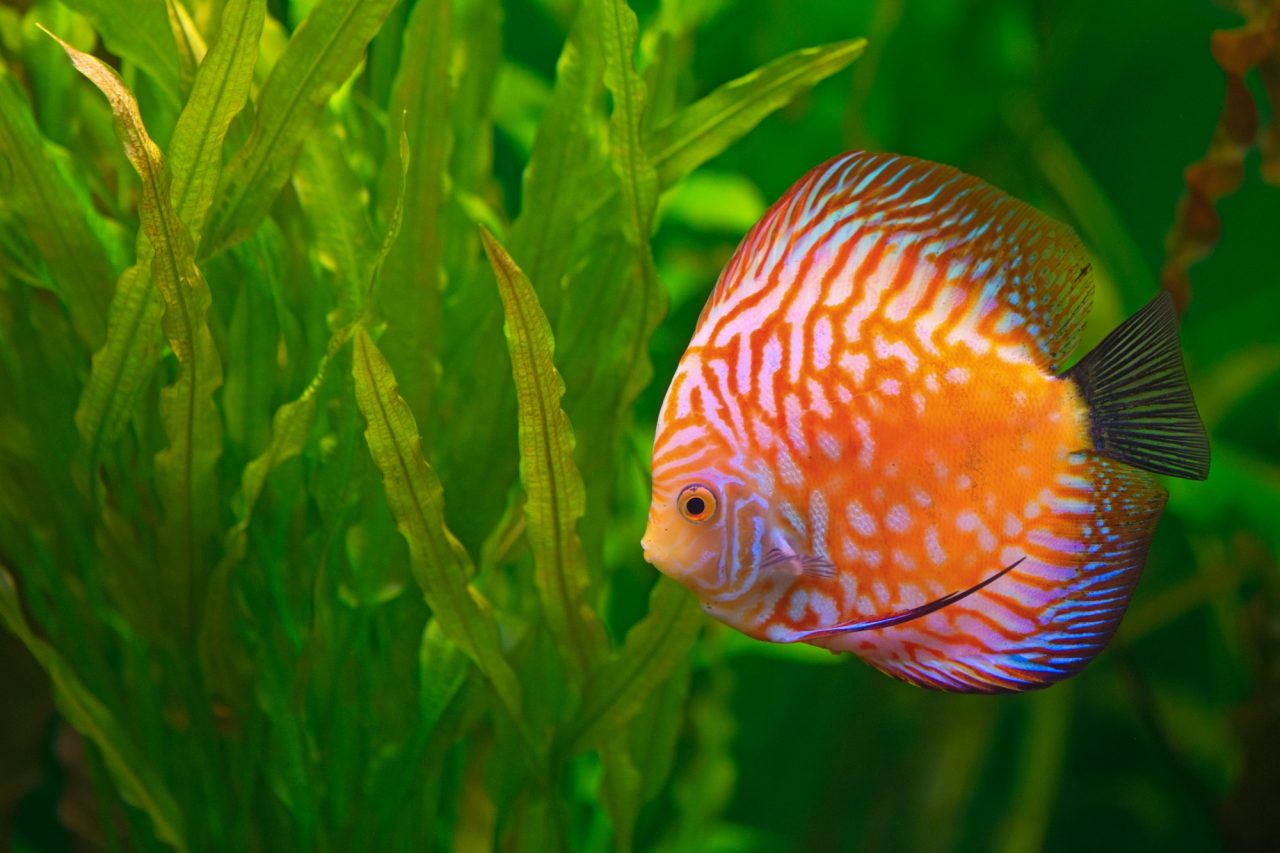
Raising Discus
There are two types of Discus available on the market today, wild Discus, which are taken from the Amazon region and sold directly to the consumer, and “tank-raised” Discus, which are born and raised in aquariums. The “tank-raised” Discus is everybody’s best bet, because they tend to be more hardy and less diseased. This “sensitive”…
-
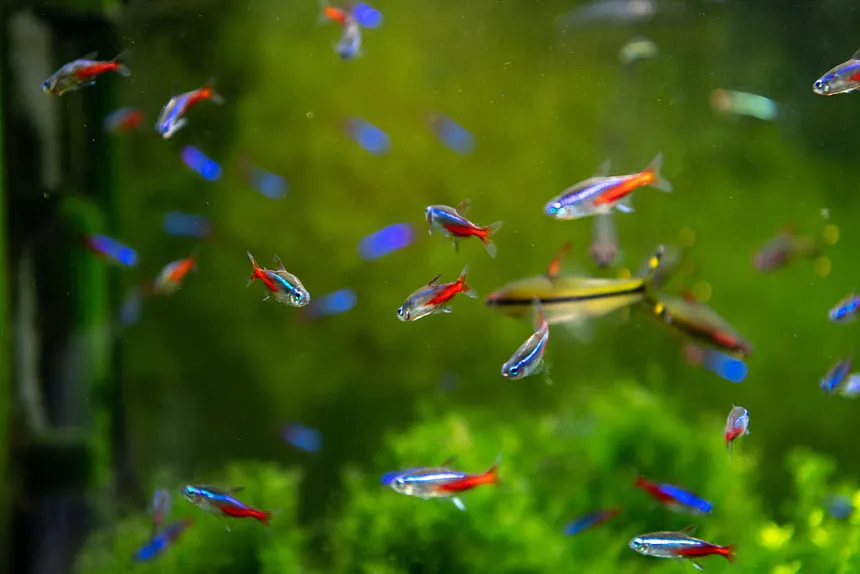
Green Water… What To Do?
Algae. No other single word makes pondkeepers cringe the way it does. Basically algae is one of the most misunderstood plants in the world of water gardening. Pondkeepers need to know what algae is, why it is necessary, and how to keep it controlled. Control rather than complete eradication should be the goal for most…
-
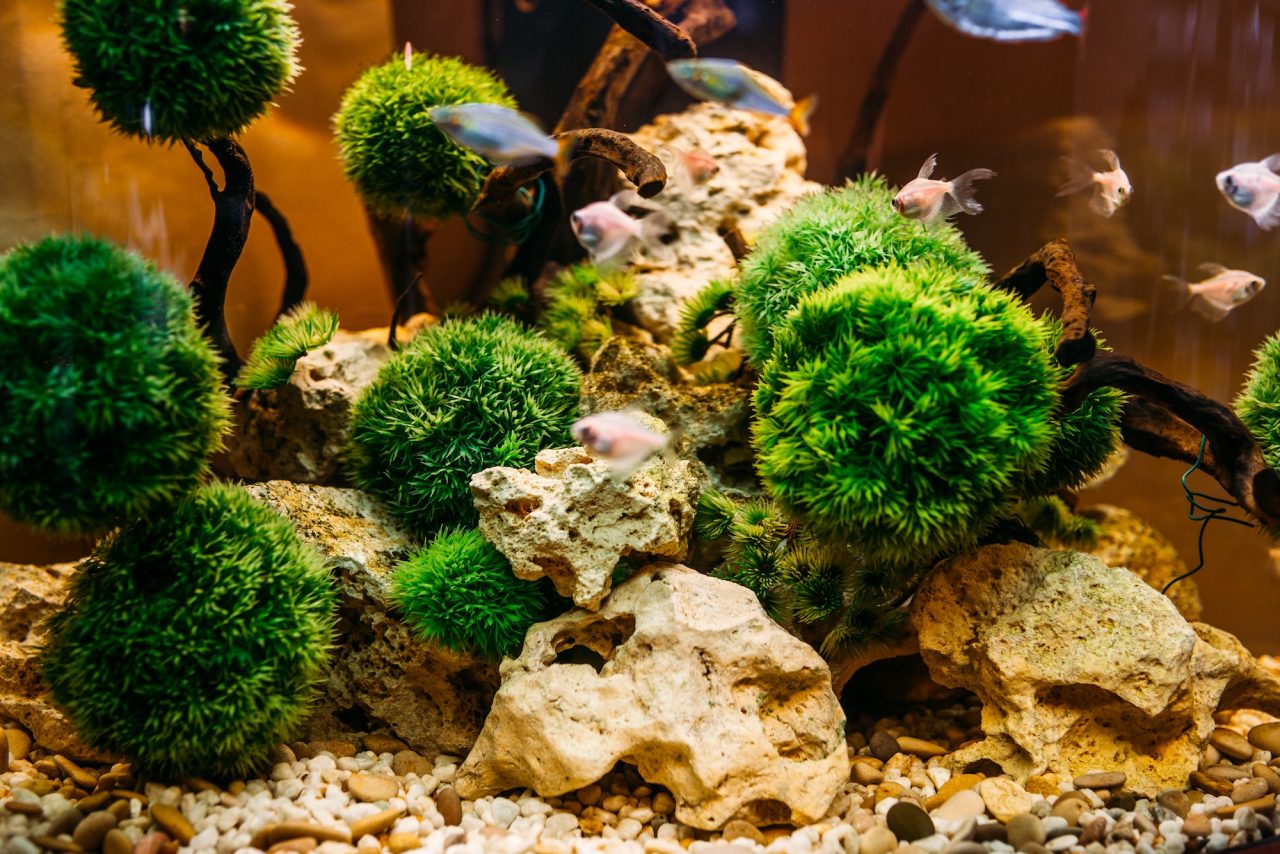
Pond Planning
Now that you’re interested in building a water garden, it’s time to decide on a pond size; total gallons as determined by length, width and depth. Every question you have from this point on: liner size, filtration and pump requirements, stocking capacity, number and kinds of plants, cost estimates, etc. will be a function of…
-
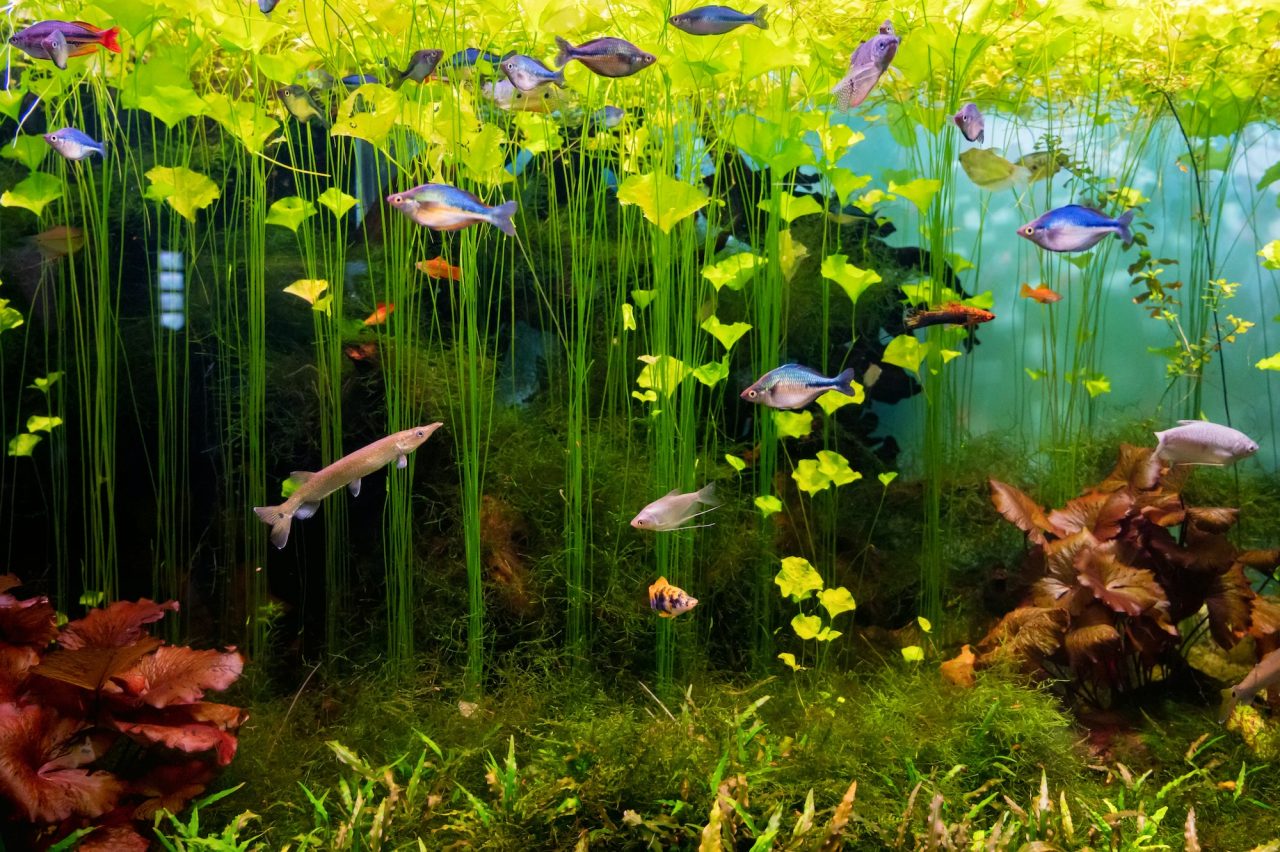
Pond Hints
Do not feed any food with corn or corn meal listed as one of the first three ingredients. Such foods are catfish chow which have been commercially prepared for rapid weight accumulation in pond raised catfish and have little nutritional value. – Pond water temperature MUST be 70° before live plants are introduced. – Do…
-
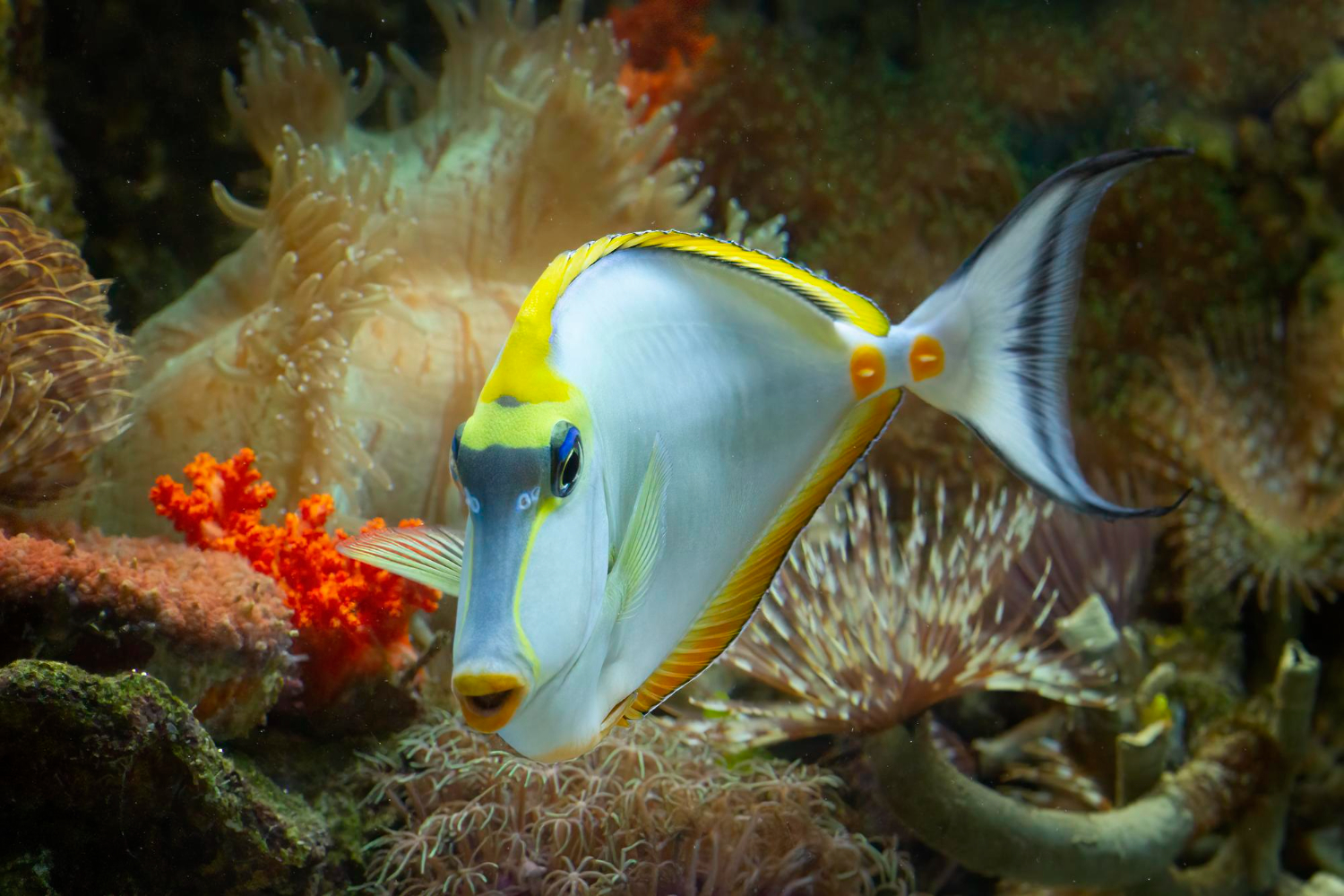
Pond Fish Checkups
Whether your pond fish will stay in the pond or be brought inside for the winter, now is the time to take a good health check and clear up any problems you may find. Bear in mind that the fish immune system ceases to function below about 50°F so any wounds or bacterial lesions that…
-
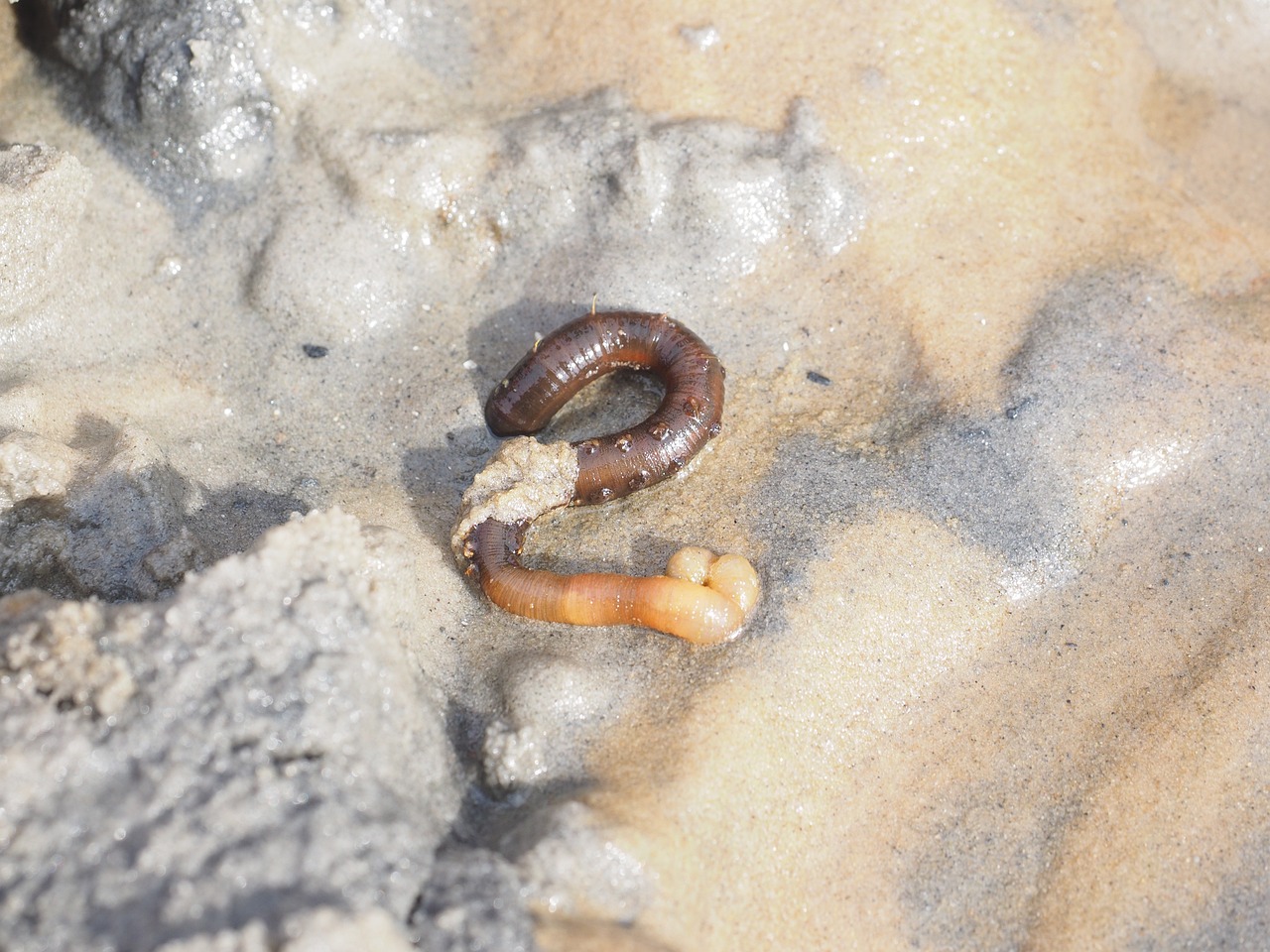
Setting Up The Eco-Sand Plenum System
Live sand systems are a completely different type of filtration because there is little real filtration. These systems depend on living organisms, rather than filtration systems, to maintain water quality Bacteria, copepods, and other organisms have adapted to remove wastes better than conventional filtration. The only other type of equipment needed is a protein skimmer…
-
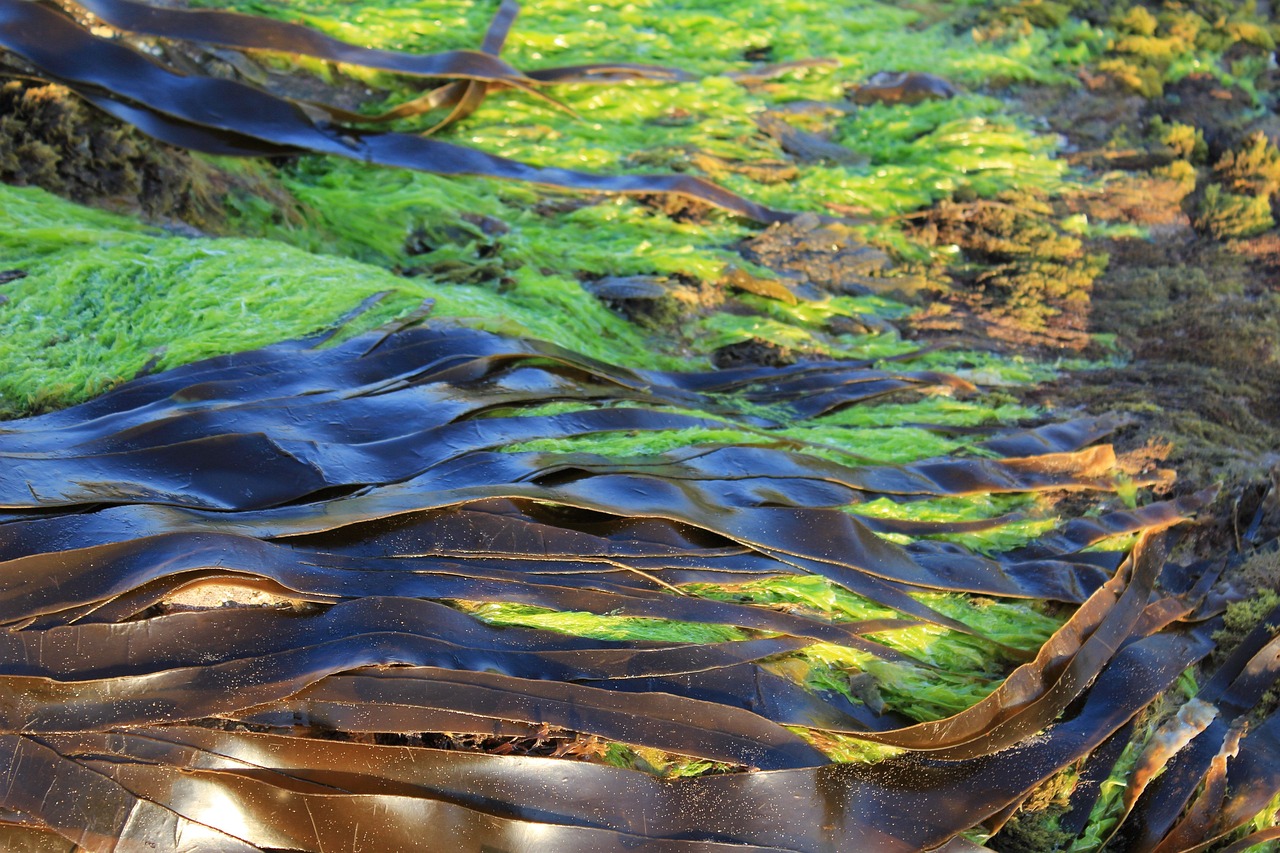
Controlling Algae In Reef Tanks
Most reef keepers have, at one time or another, experienced problems controlling nuisance algae in their reef tanks. Much time, effort, and money has been spent on ways to prevent algae from taking over reef systems, and, if it does become established, on eliminating it. This article will deal with some of the causes as…
-
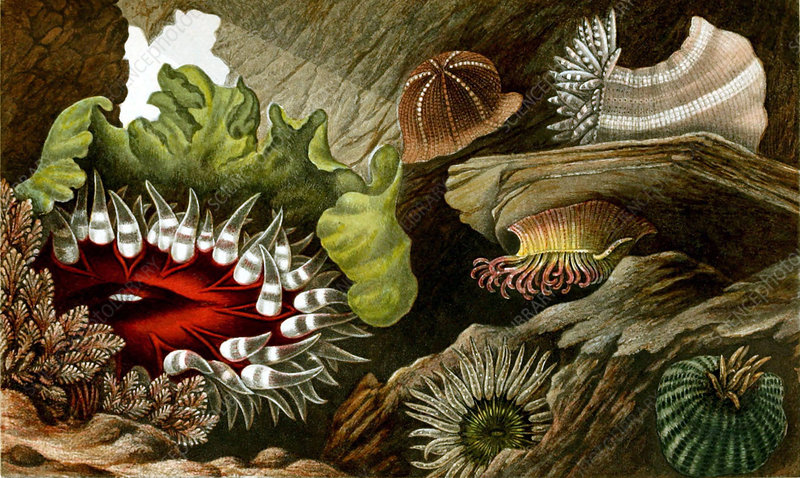
How Anemones Reproduce
Anemones were at one time thought to be plants, even the name of the class to which they belong, Anthozoa, means “flowerlike.” However, they are animals, all able and carnivorous predators, and certainly not in need of the marine equivalent of the “birds and the bees” to carry on new generations. Anemones have developed a…
-
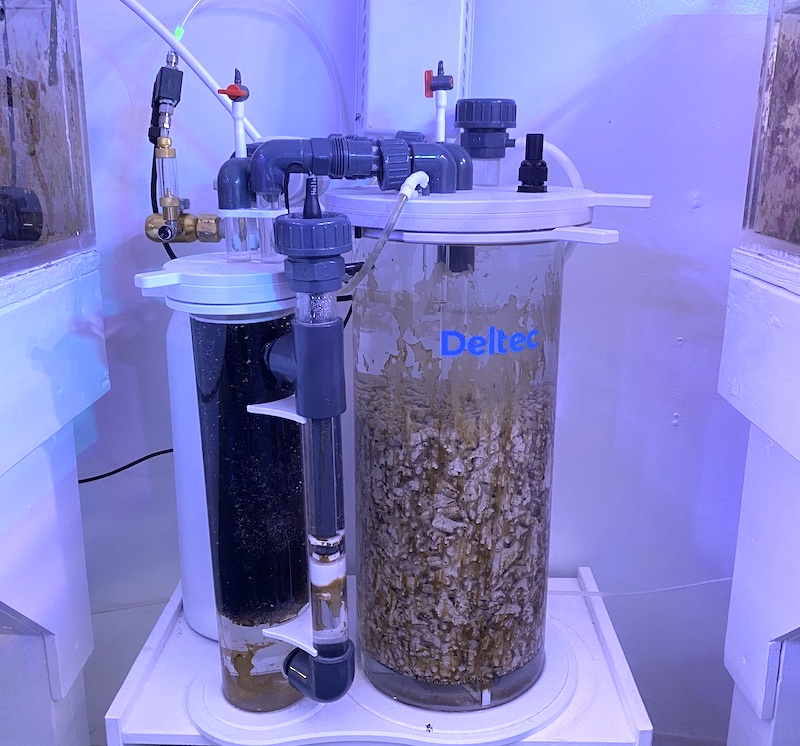
Using Calcium Reactors
The use of Calcium reactors, or as they’re sometimes referred to in the aquarium literature; limestone reactors, are not really a new idea. Back in the early to mid 1980’s Dupla Aquaristic and Albert Thiel were among the first to introduce these type of reactors to the United States. In fact, if you reference Albert…